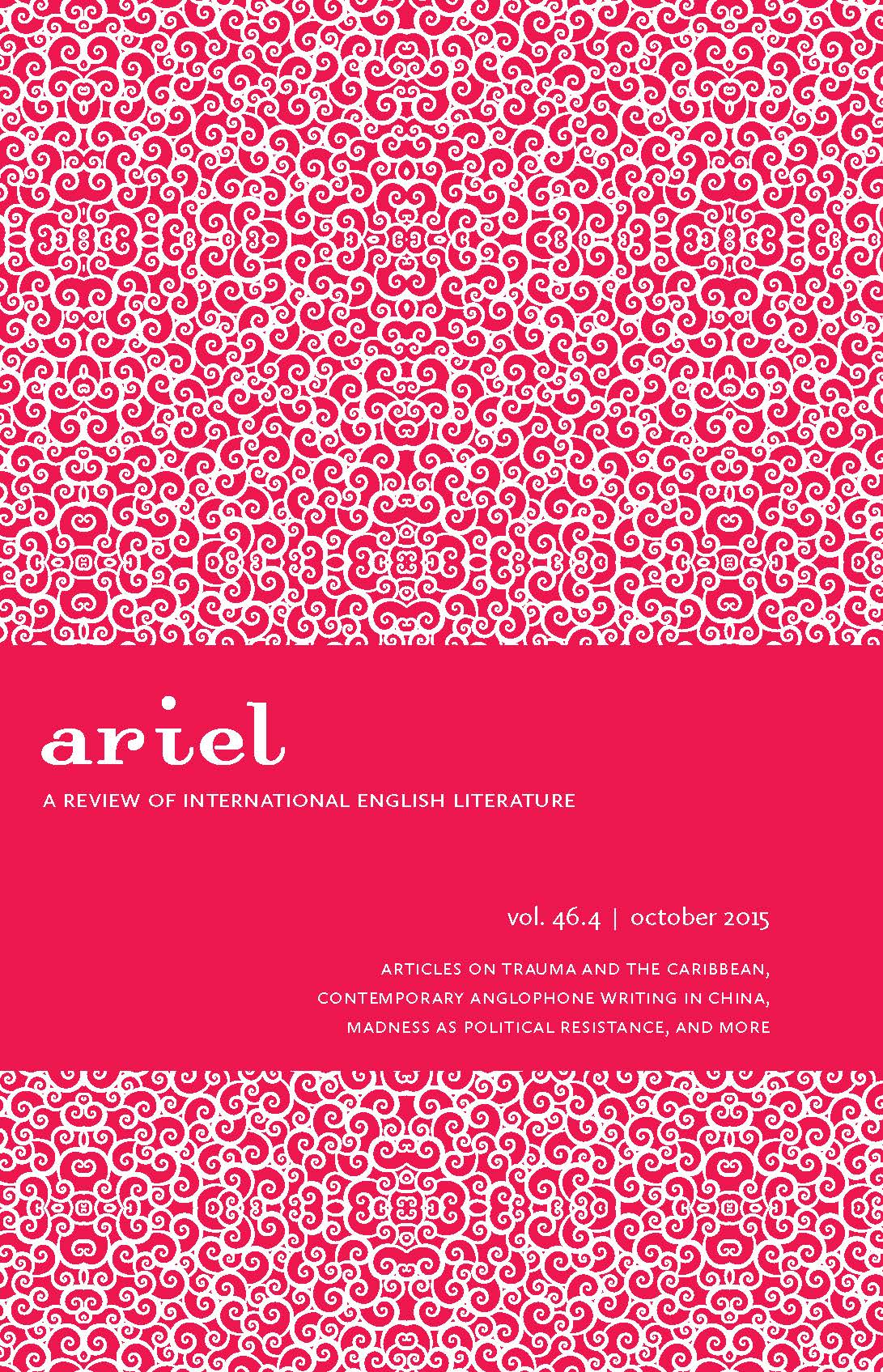Recrossing the Sargasso Sea: Trauma, Edward Kamau Brathwaite, and his Critics
Keywords:
Trauma literature, Brathwaite, Rhys, Wide Sargasso Sea, Cultural trauma, Ethics of reading, Reading practicesAbstract
In an oft-cited passage in his 1974 monograph Contradictory Omens, Kamau Brathwaite declared that white creoles had forfeited their claim to the spiritual life of the Caribbean. Whether intended or not, his pronouncement had the effect of raising doubts about the standing of Jean Rhys’s Wide Sargasso Sea (1966) in the Caribbean canon. In the ensuing debate, Brathwaite brought discomfiting attention to his own “received identity” as he termed it, as well as to that of the novel’s author and several prominent scholars who had written about it. The dialogs of misrecognition that have characterized several of the more notable exchanges between Brathwaite and his principal critic, Peter Hulme, illustrate the need for a reading practice for Caribbean trauma texts that recognizes, drawing on Cathy Caruth’s work, that authors and critics are implicated in each other’s histories. This recognition is particularly urgent in the case of critics that see themselves as connected to the historical traumas staged in a text that they are investigating. Rather than following the model of canonical European trauma texts, especially those set in the Holocaust, in which perpetrators and victims are opposed in both individual and collective binaries, Caribbean texts offer more complex sites for the study of trauma literature. Victims may be identified with groups that have perpetrated pervasive cultural trauma; and perpetrators of psychological trauma may belong to groups of the dispossessed. These crosscurrents provide highly productive grounds for deepening our understanding of the responses of readers and critics to trauma texts—and to each other.


